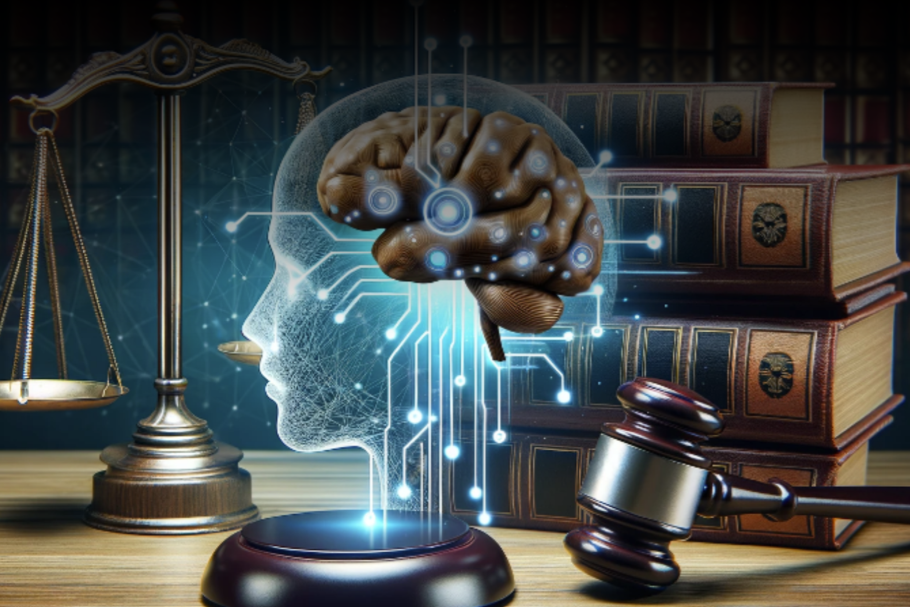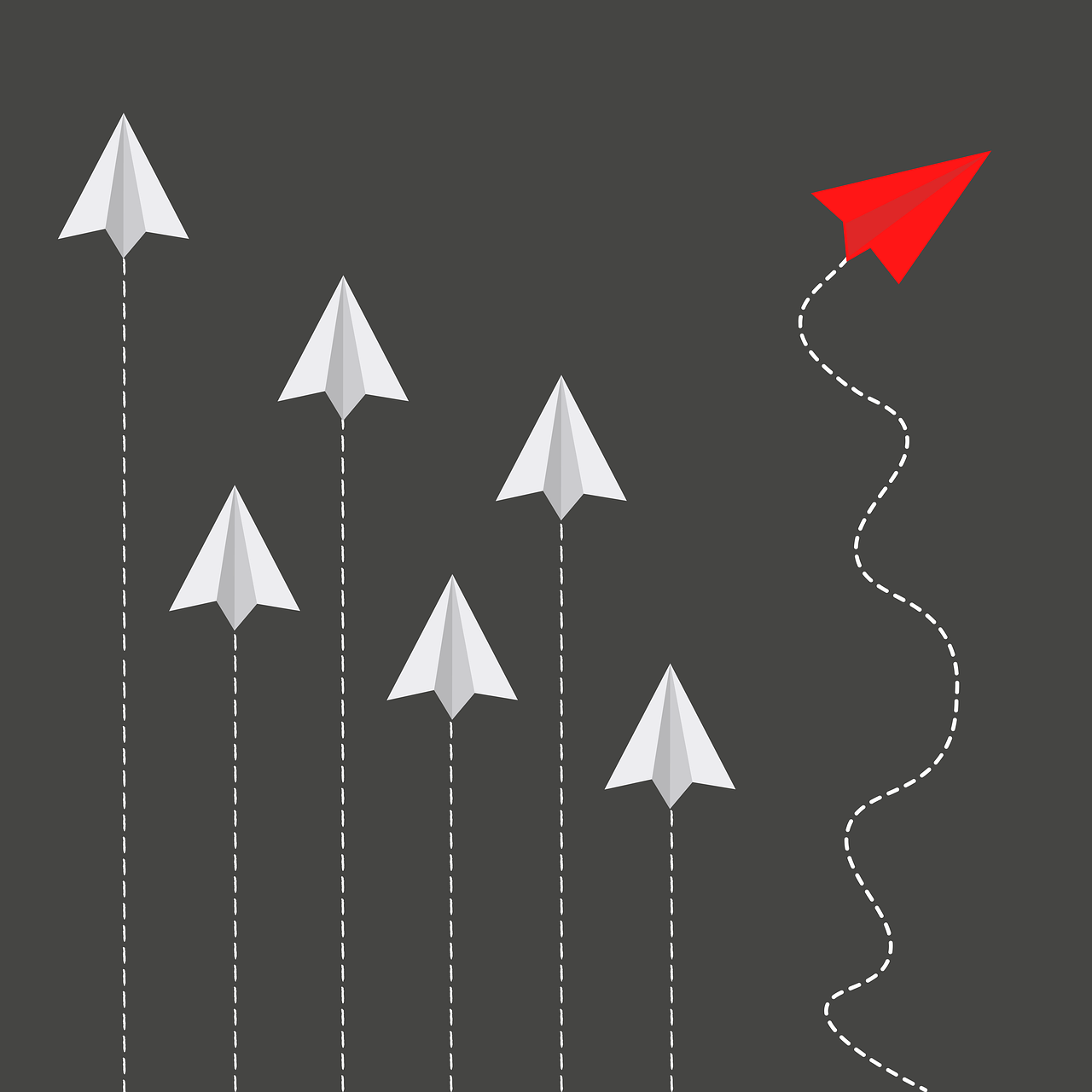

Received an email recently from John Tredennick, CEO & Founder of Merlin Search Technologies, Inc and thought I’d share with readers,

By Malcolm Trotter, global education and training professional In the pursuit of career ambitions, investing in oneself and securing credible

While our mission is to be one of the world’s leading resources on law, digital and legal technology, helping the
Product liability attorneys play a crucial role in securing the compensation you deserve. Imagine this: you’ve just purchased a new
Finding yourself in a car accident can be a harrowing experience. In the midst of dealing with injuries, insurance claims,

By Amanda Hamilton, Patron of the National Association of Licensed Paralegals (NALP) Paralegals play a vital role in law firms,

Epilogue So concludes the first ten chapters of this piece How to Dominate the Internet. If you have any comments

So that’s a brief introductory guide to protecting your IP online. To learn more about IP law and IP protection, I would recommend strongly that you visit WardblawG’s friends at the award winning IP blog, the IPKat, founded and managed by Professor Jeremy Phillips. Subscription to Jeremy’s Google groups will provide your inbox with a flurry of IP related email gems every day plus pictures of one or two cats in peculiar poses. WardblawG’s Gavin Ward’s cat or, as Jeremy puts it, owner Missy has already made one appearance on Wednesday Whimsies.

Next, you might need to pull your hair out over getting copyright protection for your written work. But wait a minute, no you don’t! Copyright is granted to you automatically by the nice people that drafted and agreed the international copyright treaties. Such copyright protection exists for anything you write, generally provided that it is your own material. To avoid plagiarism and copyright breach for using other people’s work, consider referencing them or getting consent from them first: it’s just like being back at university writing thousands of words that nobody will ever read; unless YoublawG them.
As Forest Gump might say, that’s all WardblawG has to say about that.
A branch of copyright and particularly relevant for web 2.0, Creative Commons Licences are the subject of Chapter 5 of this series, which follows this post.